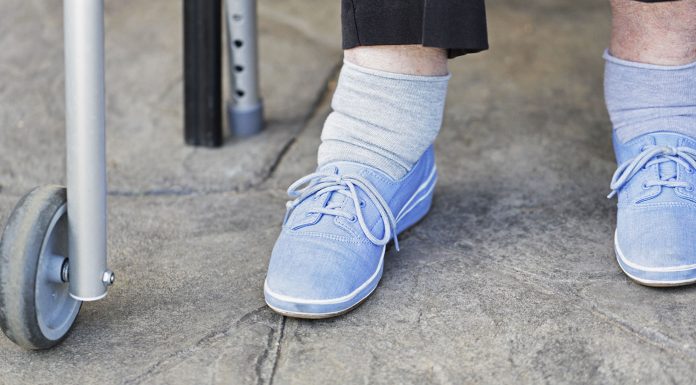Nurses facing strike action if they reject the latest district health board (DHB) pay offer are taking to social media to express their frustrations and seek public support for fairer pay.
One Facebook post has gone viral and another Facebook page has gained thousands of members in just a couple of days.
A Christchurch nurse told Health Central that she was “just blown away” by the almost 6,000 likes, more than 1,000 comments and 5,000 shares of a post where she talks of New Zealand nursing facing a “horrendous and awkward decision” as nurses “hate to strike”. After gaining national publicity, the nurse said her post had taken its toll and she now wanted others to carry on with the conversation she had started.
Taking up that conversation is the ‘New Zealand, please hear our voice’ Facebook page that shares stories of how “we are struggling, we are broken and we as nurses are hurt”. The site was launched on Saturday and by midday Tuesday had 3,641 members, but this had nearly doubled in two hours to more than 6,300. The administrator for the page, ‘Nurse Florence’, told Health Central that the speed of its growth “speaks volumes on the current mood among nurses”.
Around 27,000 nurses, midwives and healthcare assistant members of the New Zealand Nurses Organisation start voting today in a series of meetings being held up and down the country over the next few weeks to decide whether to accept a revised pay offer from the 20 DHBs.
The union’s negotiators have indicated to members that if nurses are unhappy with the offer the next step is likely to be a strike ballot, as the DHBs had already met with the Minister of Health and Director General of Health three times and indicated they could not increase the offer.
The revised pay offer remains at 2 per cent a year but shortens the length of the contract, increases the lump sum payment to $1,050, brings forward the date for any pay equity settlement to 2019 and tightens the safe staffing requirements.
Nurses are expressing frustration that the offer does not recognise the skills and responsibilities of modern nursing or the stress and working conditions that nurses in public hospitals face, with hospitals reporting being under major pressure to meet upsurges in patient demand.
One emergency nurse posting on the ‘New Zealand, please hear our voice’ page said she was ready to strike, despite having started as a new graduate three years ago feeling lucky and privileged.
“Fresh-faced and naive, little did I know the struggles I would face. Fast forward to now, and I have some questions. How is it that we have got to a place where nurses feel unsafe in a hospital surrounded by hundreds of staff? How is it that we are so undervalued that we can’t get the staffing levels we need to feel safe in our workplace? How is it that my colleagues leave work crying and call in sick for their next shift because they can’t take the stress, pressure and mental torment?”
Another nurse – a caregiver who retrained as a registered nurse – said she had never entered nursing for the money but she too was ready to strike. She spoke of her frustration at, despite gaining an extra qualification, getting no extra pay until she completed additional professional work to meet the DHB’s requirements.
“I also work on call 40 per cent of my off-duty time so I can help provide care to those in emergency situations – and whilst I’m helping bring other people’s children in to the world I’m ashamed to not be at home with my own.
“Why [will I strike]? Because I am passionate about nursing, passionate about fair pay, and passionate about safe staffing. I will go without pay and strike to get the acknowledgment we deserve. Who’s with me?”
Another post from a registered nurse described the health system as chronically unwell and down to just “skin and bone”, leading to experienced nurses leaving the profession.
“Nurses aren’t just tired anymore – they’re completely over it; they fret that today might be the day they are the one who is going to make that monumental error that will cause detrimental harm and put them before the Nursing Council for a ‘please explain’. Nobody should be working like this, least of all health professionals that are entrusted with the wellbeing and lives of others. It’s not safe, it’s not healthy, and there is no work/life balance for many.”
In the Facebook post that went viral, the Christchurch nurse wrote that “nurses HATE industrial action” because if nurses strike it can cause “serious grief”.
“When I started nursing I loved it so much I thought being paid was a bonus! And felt so grateful for our pay scale. A lot has changed since 1986! If my daughter wanted to be a nurse… would I encourage her.. ?”
She said it was time for the New Zealand public and the Government to care for the carers, saying that the phrase “you get what you care for” applies: “Burnt-out staff who have to work full-time to keep afloat financially; staff too stretched to give anything but the bare minimum in care; and loss of experience, which IS happening as people have had enough.”




















